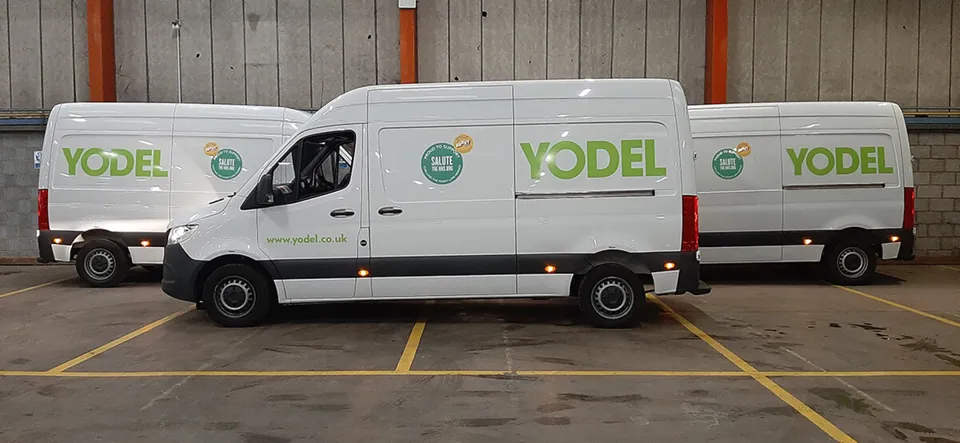Yodel is preparing for the biggest ever delivery peak, as analysts predict internet shopping on Black Friday will hit £1.07 billion, a 32% rise on the same day last year.
The company has spent the last 10 months preparing for this year’s Christmas peak and has invested heavily in its operations throughout the year to improve efficiency and capacity in its network.
It has worked closely with retail clients to agree in advance the number of parcels it will accept into its network each day and is also placing limits on its next day delivery capacity.
This peak also sees the introduction of new trailer loading plans for clients, to ensure that parcels are clearly segregated by service type at point of source, to increase efficiency at sort.
Dick Stead, Yodel’s executive chairman, said: “We want this year’s festive peak to go smoothly and we’re working incredibly hard to deliver for our clients and for the consumers waiting for their internet shopping. There is finite capacity in the industry, and our network, and so we are firmly agreeing volumes with retailers in advance, so we only receive what we’re equipped to deliver.”
Yodel's clients will receive daily performance updates and advance weather forecasts, so they can inform their customers of delivery times and forewarn of any possible issues at point of order. Retailers are also being encouraged to provide accurate customer contact data, so that Yodel can send proactive alerts to keep consumers up to date on the progress of their order.
For peak, the company is bringing 200 additional HGVs and 500 additional trailers into its transport operation to move parcels from retailers’ warehouses to its central sorts, and then onto its local service centres for onward delivery. Recruitment of 7,000 additional people to assist in the peak season is also ongoing, with a particular focus on final mile drivers and couriers.
The carrier has also expanded its estate, acquiring seven new permanent ‘super’ service centres, which have boosted Yodel’s final mile capacity by around 22%, as well as opening two temporary satellite service centres and building temporary extensions to 18 existing sites for peak.

















Login to comment
Comments
No comments have been made yet.